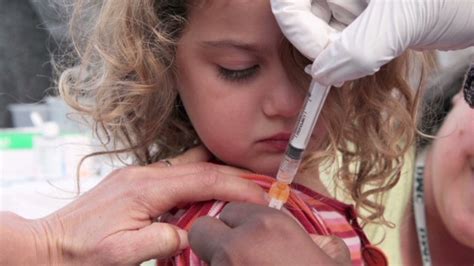Traveling to Thailand requires attention to health precautions, particularly vaccinations. Although there are no compulsory vaccinations for visitors from the US, Britain, or Australia, it’s important to be prepared for exposure to different climates, foods, and potential health risks.
Vaccinations for Thailand include Hepatitis A and Hepatitis B, recommended for unvaccinated travelers under 60 years old. Older travelers may also consider vaccination. The CDC’s Yellow Book provides specific dosing information for Hepatitis B, while a combined vaccine for Hepatitis A and B is available for those at risk.
Japanese Encephalitis vaccines are suggested for travelers to certain areas, and Typhoid vaccines are advisable due to risks associated with contaminated food and water. The Typhoid vaccine is available in shot form, lasting two years, or as an oral vaccine, effective for five years, though it must be refrigerated.
For areas with active transmission of Cholera, vaccination is recommended, particularly for travelers at increased risk. While Rabies is not essential for those confined to major cities, it is a consideration if traveling more broadly within Thailand.
Regarding COVID-19, Thailand had introduced measures like quarantine and the Thailand Pass, which required registration of details such as vaccination status. This pass included details like flight and hotel bookings, a crucial step for entry into the country.
Thailand, known for its bustling cities like Bangkok, and attractions like Ayutthaya, Chiang Mai, and Chiang Rai, has resumed being a vibrant hub for tourists. For safe travel, it is advised to get vaccinated at least two weeks prior to the departure date. For those receiving mix-and-match vaccines, the second dose of a different vaccine should be administered within the recommended interval of the first, again at least two weeks before traveling.
Travelers should consult with a healthcare provider to ensure they follow the vaccination schedule, including a two-dose series of the Hepatitis A vaccine with at least six months between doses. At least one dose should be administered before travel. Travelers are also advised to wash hands frequently and avoid unsafe food and water to prevent Hepatitis A.
For comprehensive advice, visiting Passport Health or the CDC’s Travel Vaccine Guide is beneficial. For updated entry requirements, the Thai Embassy website should be consulted.





